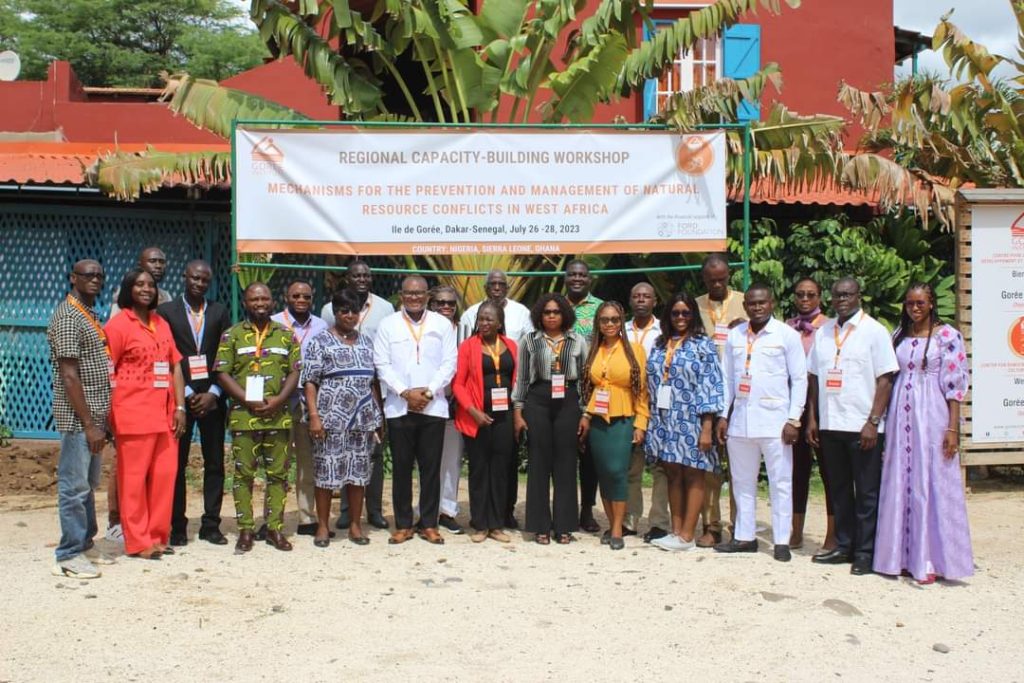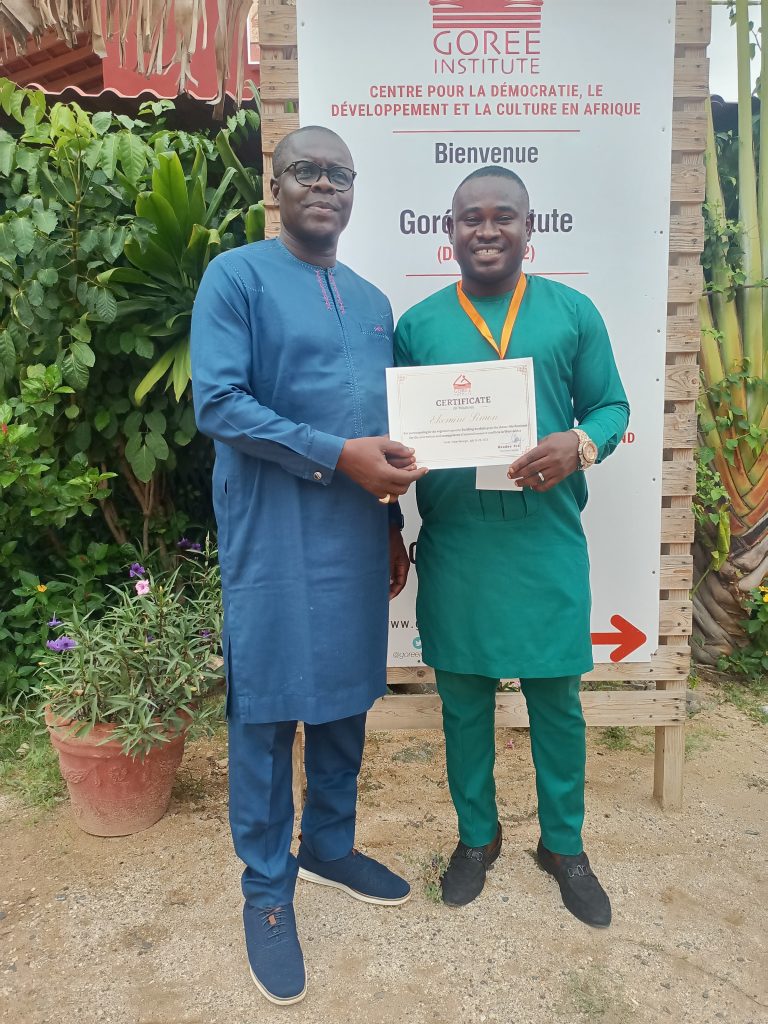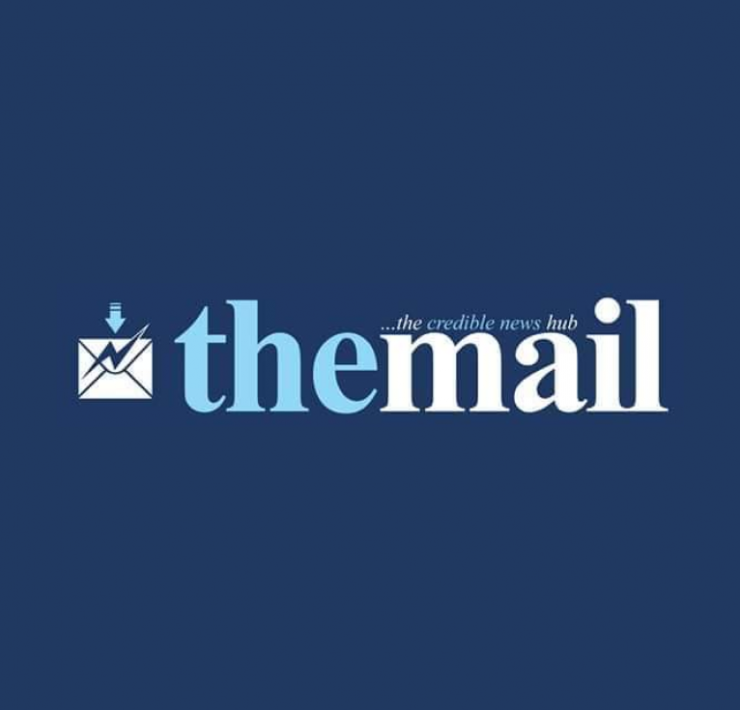Goree Institute Holds Regional Workshop on Prevention, Management of Natural Resource Conflicts in West Africa

By Ekemini Simon
Gorée Institute: Centre for Democracy, Development and Culture in Africa has held a three-day workshop for the prevention and management of conflict related to mineral resources in West Africa.
Goree Institute is a pan-African civil society organization dedicated to promoting peaceful,just and self-sufficient societies in Africa, strengthening political dialogue for the peaceful resolution of conflicts, contributing to the consolidation of democratic processes and institutions, and encouraging artistic, social and economic creativity.
The three- day regional capacity-building workshop held with support from Ford Foundation from July 26 to 28 in Goree Island, Dakar, Senegal had the theme “Conflict prevention and management mechanisms related to mineral and hydrocarbon resources in West Africa”, and targeted Civil Society Organisations (CSOs) and the media from Nigeria, Ghana and Sierra Leone. Ekemini Simon, Head Investigative Reporting, Environment and Extractive Desk of TheMail Newspaper was part of the trainees from Nigeria.

In his remarks, the Executive Director of Goree Institute, Dudu Dia, noted that the institute since its creation in 1992, the organisation has been at the forefront of helping Africa determine its future by strengthening political dialogue for the peaceful resolution of conflicts, contribute to the consolidation of democratic processes and institutions, and encourage artistic creativity, social and economic aspirations of the continent.
The Executive Director said Goree Institute has a passion to encourage effective utilisation of Africa’s vast resources and creation of home based solutions.
While noting that the Goree Institute achieves its mission through research, capacity building, facilitation and intervention, Dia pointed out that the organisation also works closely with African regional and sub-regional bodies, African Civil Society Organisations, the media and individual Africans in order to create agents of change capable of influencing political decision makers in the governance of African resources.
He added ” We have the moral obligation to contribute and also create a concept that works for Africa. We are a pan African institution working towards peace and self-reliance of Africa. We believe Africa must be the protagonist of its own future”.
Earlier, the Project Lead, Houleymatou Balde said that although the West African region is known for its wealth of natural resources, particularly minerals, oil and gas, it was disheartening that these riches have often been the source of violent conflicts between different actors, causing loss of life, population displacement, destruction of property and infrastructure, and major economic disruption in the region.
She noted that in order to remedy the situation, it was imperative to put in place conflict prevention and management mechanisms to ensure peace, security and sustainable development in the region.
Balde pointed out that it was against the backdrop that the workshop is organised to fill the gaps in understanding the factors and risks associated with natural resource conflicts.
She said deeper understanding of the issues will enable CSOs and the media to play a key role in promoting peace and stability in the region by raising awareness among local communities, ensuring balanced media coverage of natural resource issues and most importantly creating agents of change capable of influencing political decision-makers in the governance of these resources.
The Project Lead used the occasion to present the organisation’s report on the studies carried out on policies, legislation and instruments for managing revenues from the exploitation of natural resources in select Anglophone Countries of Nigeria, Ghana, and Sierra Leone.
She said the Institute had the study as part of the project “Towards a West African Citizen Synergy for Transparency and Equity in the Management and Redistribution of Resources from the Extractive Industries”. The first part of the report, she said, covered three francophone countries of Senegal, Guinea and Cote d’Ivoire.
Meanwhile the 10 sessions of the workshop each respective day focused on topics related to extractive resources and conflict, intervention framework and conflict prevention, and conflict prevention strategy. Some of the facilitators included Prof. Oumar Ndongo , Dr. Latyr Tine, Dr. Victor Doke and Demba Seydi.









